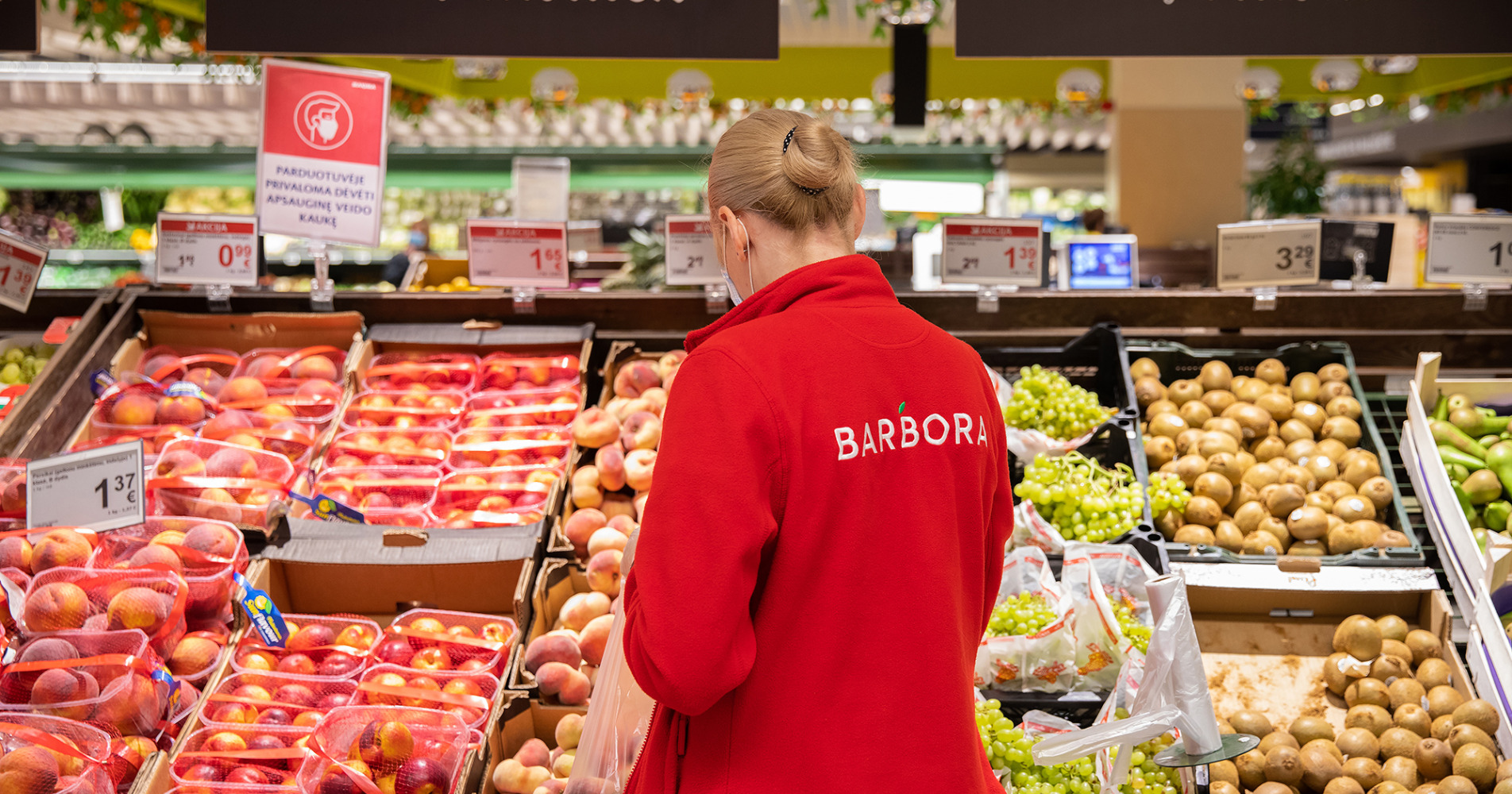News

MAXIMA makes an investment into modernisation of the energy economy in Lithuania and Latvia
2010 02 10
Implementation of advanced automated energy consumption monitoring systems in Lithuanian and Latvian stores managed by MAXIMA GRUPĖ has been completed. Within last year, MAXIMA has saved the amount of energy sufficient to close the largest Lithuanian power plant for more than 4 days. The Company has invested almost 2.5 million EUR. into energy economy modernisation systems in Lithuania and Latvia.
"Costs of consumed electricity, water and thermal energy make a considerable part of expenditure of our supermarket chain. As energy resources are getting more expensive and the burden of taxes is getting harder, we have been looking for possibilities of reducing operating expenditure of the Company. The decision to invest into optimisation of operation of engineering systems proved to be expedient. Precise accounting of consumption of energy resources enabled MAXIMA chain to exploit the energy economy considerably cheaper, use energy resources more efficiently and reduce pollution of the nature", says Mrs. Vilija Zapalskienė, Manager of Property Management Centre for MAXIMA GRUPĖ, UAB.
According to Mrs. Zapalskienė, last year power engineering and exploitation expenditure in Lithuania and Latvia were reduced by approx. one fifth, i.e. over 5.8 million EUR. have been saved. The funds saved by the Company were invested into reduction of consumer prices.
Having implemented the automated energy consumption monitoring system in Lithuanian and Latvian stores of the companies managed by MAXIMA GRUPĖ, cumulative data or energy and engineering systems can be seen on PC's monitor. Constant surveillance, control and analysis of electricity, water and thermal energy consumption enables prompt identification of expenditure changes and making engineering solutions that enable more effective consumption of water, electricity and thermal energy or maintenance or regular temperature in the premises. Having implemented the automated energy consumption monitoring system, the process of obtaining energy readings and reporting to energy suppliers is optimised, thereby minimising the probability of human error and critical situations.
"Key advantage of the modern monitoring system is precise and timely accounting of energy resources consumed by each store and continuous control of energy expenditure, promoting effectiveness of the engineering staff and responsibility of employees, claims Mrs. Zapalskienė.
Having implemented the energy consumption monitoring system and carried out other changes in engineering systems, electricity consumption has decreased most considerably: electricity consumption in Lithuanian and Latvian stores of the chain decreased by 30 million kilowatt-hours during the previous year. "Considering this decrease in the context of overall Lithuanian energy consumption, we have relatively saved the amount of energy the Lithuanian power plant produces within 4 days ", Mrs. Zapalskienė says.
MAXIMA chain is the first retail chain in Lithuania to implement and observe two international ISO standards for quality management and environmental systems. Therefore, according to Mrs. Zapalskienė, Manager of the Property Management Centre for MAXIMA GRUPĖ, saving of electricity consumption was also aimed at reducing environment pollution. According to calculations of energy professionals, decrease of energy consumption by the MAXIMA chain within the previous year reduced CO2 emission to the environment by over 15 thousand tons. Such extent of CO2 is emitted by almost 3,000 cars or all cars in Lithuania within one day; as much as 1,300 ha of mature forest is needed to absorb such amount.
Additional information:
Implementation of the automated energy consumption monitoring system in Lithuanian stores pertaining to the MAXIMA chain was started in 2007, and next year works of implementation of analogous system were commenced in MAXIMA stores in Latvia. Almost 2.5 million EUR. were allotted to implement the energy resource saving project in Lithuania and Latvia. Project Manager – Mr. Rimas Kaminskas, Energy Engineer of the Property Management Centre for MAXIMA GRUPĖ, UAB. The project for the MAXIMA chain was implemented by UAB Sigmatelas.
This year, MAXIMA GRUPĖ, UAB is planning to invest into energy expenditure monitoring in Estonia and continue the previously initiated works of modernisation of refrigeration facilities in MAXIMA stores operating in the Baltic States.
MAXIMA GRUPĖ, UAB is an operating financial holding registered in 2007, which manages a retail business in Lithuania, Latvia, Estonia and Bulgaria and consists of 426 supermarkets and hypermarkets Maxima X, Maxima XX, Maxima XXX, T-Market, and Ermitažas: 217 in Lithuania, 127 in Latvia, 52 in Estonia, and 30 in Bulgaria. Companies managed by MAXIMA GRUPĖ, UAB and operating in all of the aforementioned countries totally employ over 25.5 thousand staff members.
Implementation of the automated energy consumption monitoring system in Lithuanian stores pertaining to the MAXIMA chain was started in 2007, and next year works of implementation of analogous system were commenced in MAXIMA stores in Latvia. Almost 2.5 million EUR. were allotted to implement the energy resource saving project in Lithuania and Latvia. Project Manager – Mr. Rimas Kaminskas, Energy Engineer of the Property Management Centre for MAXIMA GRUPĖ, UAB. The project for the MAXIMA chain was implemented by UAB Sigmatelas.
This year, MAXIMA GRUPĖ, UAB is planning to invest into energy expenditure monitoring in Estonia and continue the previously initiated works of modernisation of refrigeration facilities in MAXIMA stores operating in the Baltic States.
MAXIMA GRUPĖ, UAB is an operating financial holding registered in 2007, which manages a retail business in Lithuania, Latvia, Estonia and Bulgaria and consists of 426 supermarkets and hypermarkets Maxima X, Maxima XX, Maxima XXX, T-Market, and Ermitažas: 217 in Lithuania, 127 in Latvia, 52 in Estonia, and 30 in Bulgaria. Companies managed by MAXIMA GRUPĖ, UAB and operating in all of the aforementioned countries totally employ over 25.5 thousand staff members.